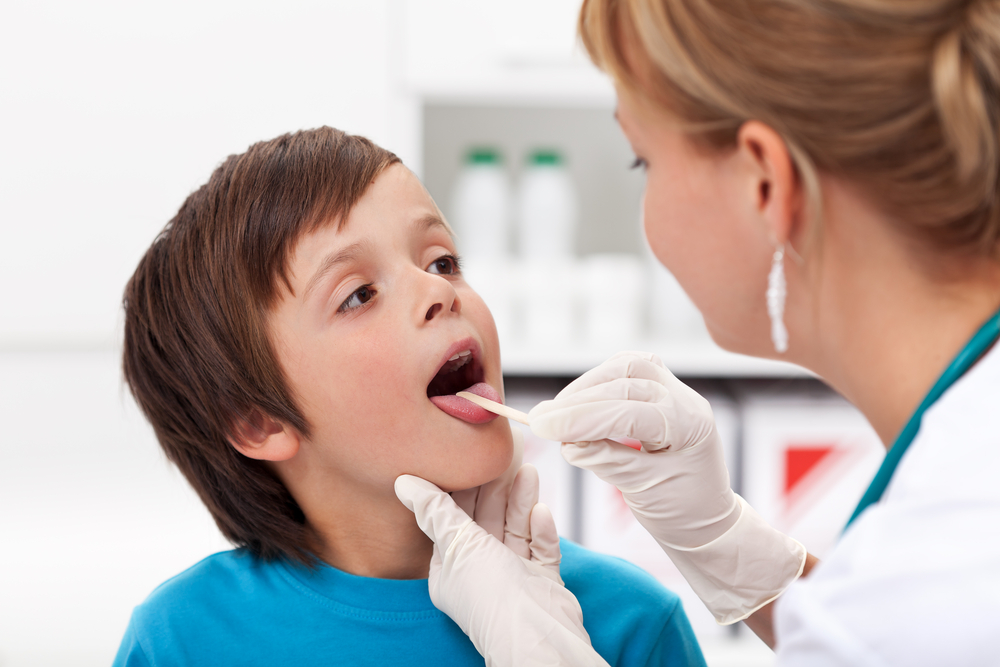Understanding Oral Sores: Causes, Symptoms, and Treatments
This article explores the causes, symptoms, and treatments of oral ulcers, providing practical tips for relief and management. It emphasizes the importance of diagnosis, especially for recurrent cases, and offers effective home remedies like saltwater rinses, honey, and baking soda. Dietary suggestions help minimize discomfort and promote healing. Understanding triggers and consulting healthcare professionals when necessary can improve recovery and prevent complications from persistent mouth sores.
Sponsored

Oral sores are painful lesions that develop inside the mouth, affecting people of all ages. They generally take time to heal and can result from various factors. Accurate diagnosis is crucial because causes differ among individuals. This article covers common symptoms, underlying causes, and effective ways to manage oral ulcers.
Causes
Numerous factors contribute to the formation of mouth ulcers, including genetic predisposition. Identifying triggers is important for prevention and treatment.
Possible triggers include:
Wearing braces or dental appliances
Deficiencies in vitamin B9, B12, iron, or zinc
Stress and emotional strain
Use of SLS-containing toothpaste
Allergic reactions to bacteria in the mouth
Infections like viral, bacterial, or fungal issues such as hand, foot, and mouth disease
Hormonal fluctuations during menstrual cycles or pregnancy
Sleep deprivation
Consumption of acidic foods like citrus, coffee, strawberries, pineapple, or chocolates
Minor physical injuries from dental procedures, sports, biting accidents, or vigorous brushing
Sometimes, mouth ulcers may signal underlying health conditions. Seek medical advice if they recur frequently for proper diagnosis.
Additional causes include:
Celiac disease
Diabetes
HIV infection
Inflammatory bowel diseases like ulcerative colitis
Autoimmune conditions such as lupus, oral lichen planus, and Behcet’s disease
Signs and Symptoms
Symptoms vary depending on the cause but generally include:
Painful sores that may appear as yellow, white, or red spots
Lesions on tongue, cheeks, or lips
Increased discomfort while eating, drinking, or speaking
Most mouth ulcers are not contagious; however, those caused by contagious illnesses like hand, foot, and mouth disease, can spread. Common types include minor, major, and herpetiform ulcers, each with different healing times and potential scarring.
When to Consult a Doctor
Medical attention is necessary if ulcers become unusually large, last over three weeks, involve the lips, cause severe pain, or are accompanied by fever, diarrhea, or difficulty eating and drinking. Also, seek help if new sores appear before old ones heal or if sores are painless yet persistent.
Management and Relief
Most mouth ulcers resolve without intensive treatment, but remedies can ease discomfort and promote healing.
Saltwater rinses: Mix one teaspoon of salt in warm water, rinse the mouth for a few seconds, then spit out. Repeat every few hours to help dry out ulcers.
Honey: Apply raw honey directly to sores four to five times daily. Its antibacterial and soothing properties can reduce pain and inflammation.
Baking soda: Dissolve one teaspoon of baking soda in half a cup of water, rinse in the mouth, and spit out. Repeat periodically to help reduce inflammation.
Dietary Tips
Eating soft, bland foods minimizes irritation. Avoid hot, spicy, or acidic items like citrus, coffee, chocolates, tomatoes, nuts, and salty foods. Cold foods and drinks such as yogurt, popsicles, and mashed potatoes can soothe the mouth and aid healing.






